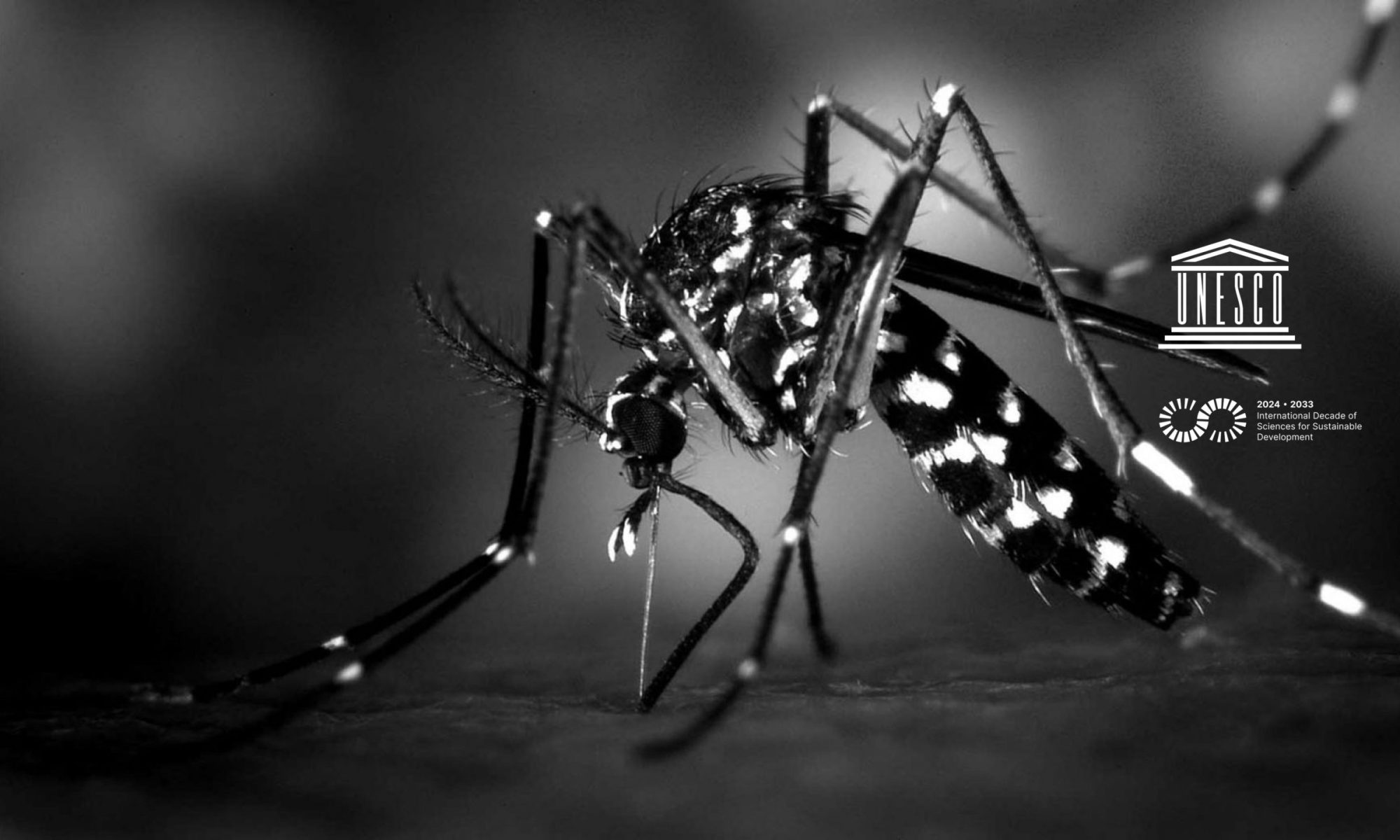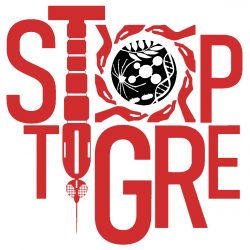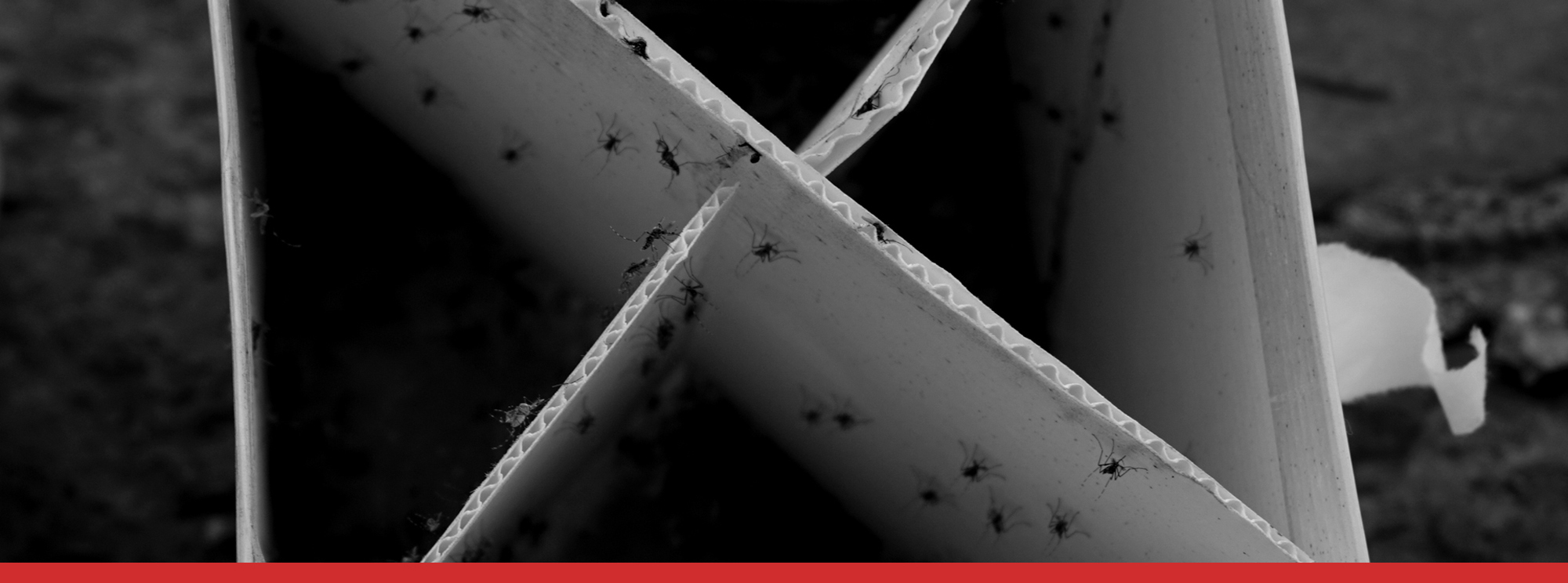The STOPTIGRE Project has so far required a multidisciplinary work that has seen the collaboration of numerous experts. This effort has made it possible to establish an international network of partners, engaged at different levels in research and control projects of insect vectors of pathologies. The construction of this important network will be the starting point for the preparation of project proposals for national and international competitive calls for the financing of research activities and third mission actions in the area.
The International Atomic Energy Agency (IAEA) is an international organization, based in Vienna, founded on July 29, 1957 to promote the peaceful use of nuclear energy. The insect Pest Control Laboratory (Dr. Kostas Bourtzis, Dr. Jeremy Bouyer), based in Seibersdorf, Austria, deals with the use of ionizing radiation for the sterilization of insects and the application of the sterile male technique for the control of vector insects and agricultural pests.
One of the most important American public universities, where in the sixties the very idea of a third mission was formulated by the then rector Clark Kerr. Prof. James Holston, anthropologist, is director of the Social Apps Lab and is responsible for the development of software platforms for mobile and web applications for initiatives of democratic participation, civic action and urban knowledge.
The Sustainable Sciences Institute (SSI), based in San Francisco, USA, works with partners around the world to help them better meet the public health care needs of their communities. Dr. Josefina Coloma is an expert in operational programs in the field of community engagement for the fight against vector insects.
The CAA is an international center specialized in research and innovation and in the provision of services for environmental protection, active in Europe for over 30 years. Dr. Romeo Bellini directs the veterinary entomology laboratory which has a tiger mosquito mass breeding module for the production of 1,000,0000 sterile males per week.
The Academy of Fine Arts of Naples is a university institution for higher artistic education and one of the oldest Italian academies. The course of New Technologies of Art, directed by prof. Franz Iandolo, aims to train artistic operators who act in the field of new media technologies, establishing new connections between knowledge and multiple and differentiated scientific and cultural fields.
The municipality of Procida, as part of the memorandum of understanding signed in 2016 with the Department of Biology, supports the STOPTIGRE project by collaborating in the implementation of Citizen-science and community engagement activities. Our contact person for the project is the councilor Rossella Lauro.
The proff. Alessandra della Torre and Beniamino Caputo, of the Department of Public Health and Infectious Diseases of the University of Rome La Sapienza, deal with monitoring and control of invasive mosquitoes and vectors of diseases for humans.
The foundation, based in Trento, aims at excellence both in fundamental research for the advancement of knowledge, and in the more mature fields of science and technology that allow greater and more immediate economic and social repercussions. Dr. Mattia Manica, mathematician, is an expert in mathematical models applied to the study of complex dynamics of vector insect populations.

Le NuvoleScienza is a non-profit organization that since 1985 has been transmitting the love of doing and beauty to entire generations of children and young people. For over 25 years, the Le Nuvole team, coordinated by Dr. Salvatore Fruguglietti, has also been experimenting with innovative ways to communicate science conceived, designed and implemented by science communicators at school and in Science Centers such as Città della Scienza in Naples or the Botanical Garden of Padua, the Research Night, teacher training and much more!!!
Procida2022, directed by Dr. Agostino Riitano, organizes and coordinates the cultural program planned for the year 2022. The program, which consists of 44 cultural projects organized in five sections (Procida invents, Procida includes, Procida inspires, Procida innovates, Procida learns), includes the project “Open science: for a democracy of knowledge” developed by the Department of Biology and the Academy of Fine Arts of Naples.











